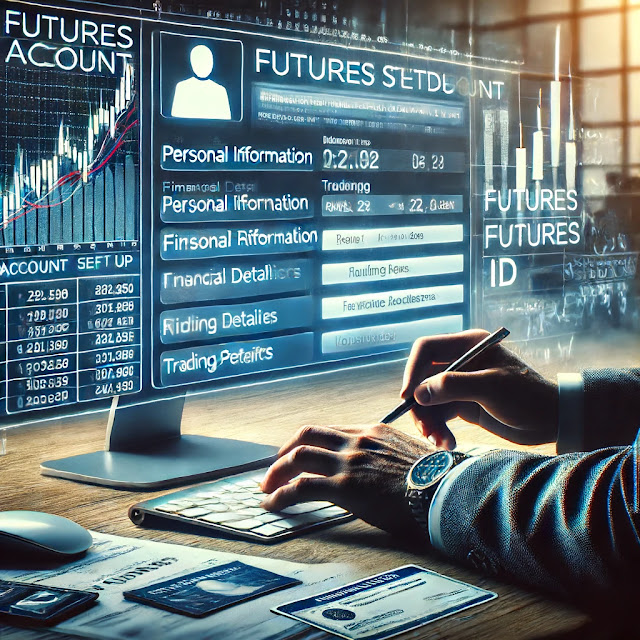Setting Up Your Futures Trading Account
Futures trading offers investors and traders the opportunity to speculate on commodities, currencies, and other financial instruments through the use of contracts that predict the future price of an asset. Setting up a futures trading account is the first step for any individual looking to enter this dynamic market. The process involves selecting a suitable broker, understanding the associated fees, and familiarizing oneself with the tools and resources available.
This article will guide you through the detailed steps required to set up a futures trading account, exploring the critical aspects you need to consider to make informed decisions. By the end of this guide, you will have a clear understanding of how to begin trading futures, the types of accounts available, and how to select the best platform based on your trading needs and financial goals.
Choosing the Right Futures Broker
Selecting a broker is crucial in futures trading. This section will help you understand what to look for in a broker, including their regulatory compliance, fee structures, and the range of assets they offer for trading.
Understanding Account Types
There are several types of futures trading accounts, each catering to different investor needs. Here, we will explore options such as individual, joint, and corporate accounts, helping you choose the one best suited to your trading style.
Registration Process and Requirements
This section will guide you through the registration process, highlighting the documents and information you need to provide to open a futures trading account.
Initial Deposit and Margin Requirements
Futures trading often requires an initial deposit and ongoing margin requirements. Understand how these financial obligations could affect your trading strategy and capital allocation.
Understanding Leverage in Futures Trading
While this guide focuses on setting up an account, it’s important to comprehend the role of leverage in futures trading, how it works, and the risks involved.
Trading Platforms and Tools
Examine the different trading platforms available through your broker. This section will assess their usability, features, and how they can help you execute trades more effectively.
Fee Structures and Transaction Costs
Understanding the costs associated with futures trading is essential. We will look at common fees like commission, spread, and overnight financing.
Risks and Safety Measures
Discuss the inherent risks in futures trading and what measures you can take to mitigate them, including stop-loss orders and other risk management tools.
Educational Resources and Support
Many brokers offer educational resources and customer support. This section will cover the importance of these resources and how they can enhance your trading skills.
Preparing for Your First Trade
Finally, we'll prepare you for your first trade. This includes practical tips on analyzing the market, understanding futures contracts, and developing a trading plan.
In conclusion, setting up a futures trading account is a process that requires careful consideration and planning. By choosing the right broker, understanding the account types, and familiarizing yourself with the trading platforms and tools, you can position yourself for success in the futures market. Remember, the goal is not just to trade but to trade wisely with a clear understanding of the risks and strategies that come with futures trading.
As you embark on this exciting trading journey, leverage the educational resources provided by your broker, stay informed about market conditions, and continuously refine your trading strategies. With preparation and prudent decision-making, your futures trading account will serve as a valuable gateway to the opportunities in the commodities and financial markets.
